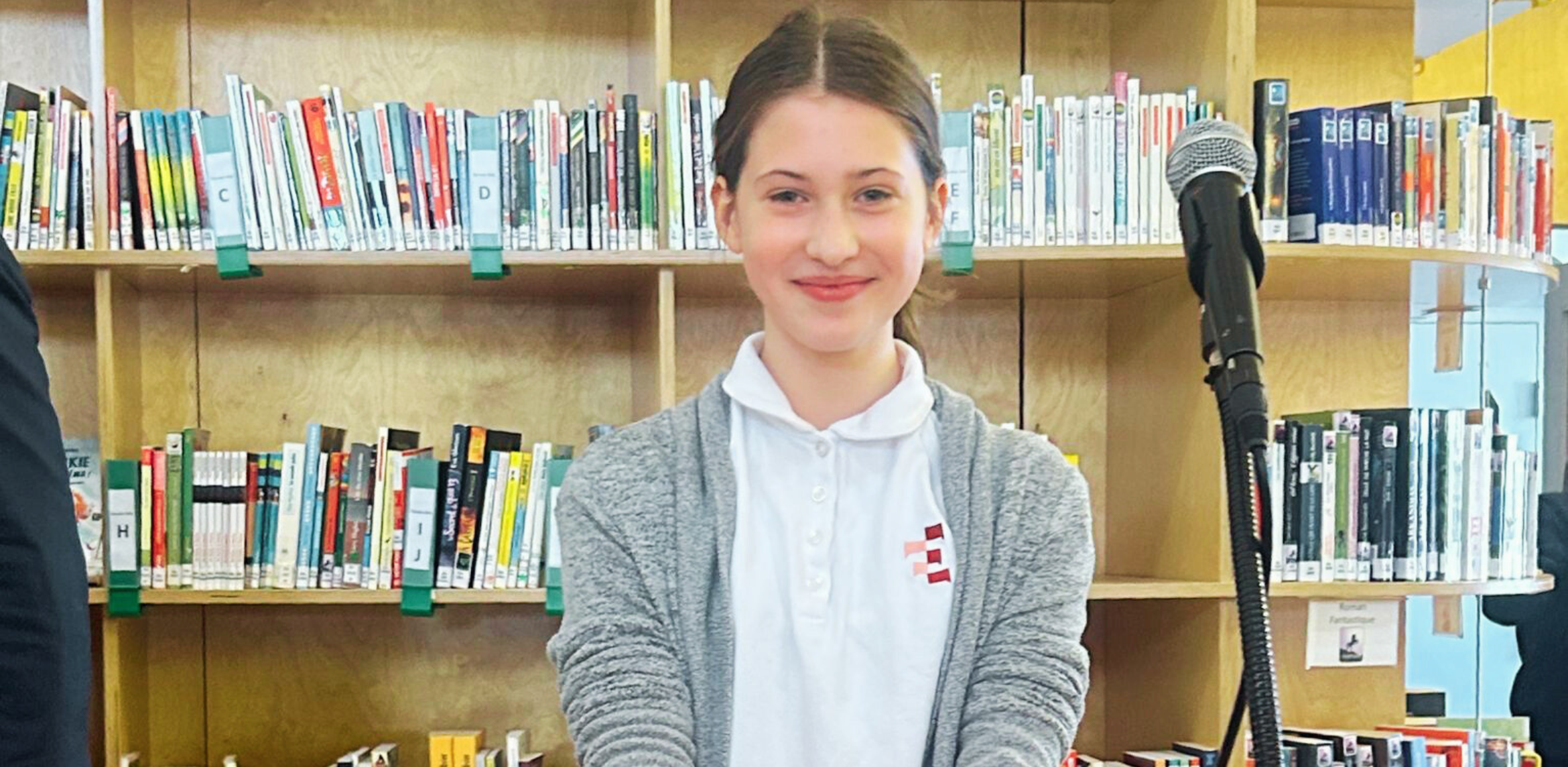While the greatest concern of heads of schools and all educators is ensuring that what we are doing today is sufficiently future-proofing our students, in my experience, the main concerns for parents are understanding where their children stand in terms of their education and seeking reassurance that their children are learning what they should be learning. Schools like ours that end at 8th Grade have a small toolkit available to demonstrate children’s achievements (or shortcomings!) to their parents: report cards, various test results, and concrete examples of work in notebooks—but even then, it can be difficult to understand what students are being measured against. After all, a teacher only evaluates (and fortunately so!) what they have taught. So, there is always an element of subjectivity around assessing children’s levels, and it is understandable that parents might feel concerned. Especially when, in some schools, grade inflation and lowered expectations have led to an honesty gap–a lack of transparency around children’s performances, deemed grade-level appropriate, only to be revealed as disappointing when standardized testing rolls around.
One of the reasons we started using MAP Growth in 2023 was to introduce a measure of objectivity (and our students’ results continue to astound. You can find the winter 2025 results here.)* We also benefited from the expansion of the French national evaluations to include 1st through 6th Grade. The stated aim of the French national evaluations is to allow teachers to identify areas for improvement; they also clearly indicate where students stand in relation to institutional expectations. Standardized tests do have their limits, though, and nobody wants The École to become a school that overlooks less testable skills such as empathy, perseverance, or kindness.
Therefore, we recently decided to double down on our students’ participation in challenges and competitions, providing us with objective insights into how we compare with other French schools in North America. And it’s been a very rewarding experience, with our students winning individual awards that reflect positively on the entire school. A few weeks ago, I wrote to you about Roxane, our North American Petite championne de la lecture (Young Reading Champion). This week, I’d like to tell you about Ella, who was selected for the All-Star North American debate team as part of the Ambassadeurs en herbe (Budding Ambassadors) initiative. It’s all the more remarkable because we had to request an exemption for her to participate in the competition—according to the rules, she is two years too young! Huge congratulations are due. Well done, Ella!
Finally–and I almost typed as usual (but I never tire of it)–we’ve excelled in math once again, this time with the Course aux nombres (thank you, Mr. Duchier and Camille Martin for organizing) which pits students against each other from 4th to 12th Grade across all the French schools in the US and Canada. Seventeen of our students (14% of participants) have qualified for the grand final. Which brings us back to the question of subjectivity: is 17 students a lot or a little? You can grasp just how impressive it is by looking at other schools’ performances and–without singling out anyone in particular–it’s easy to see that The École has far more students in the final, proportionally speaking, than much bigger schools.
To my mind, all of this paints a picture of a school that is not only warm, welcoming, and inclusive, but also a school where, objectively, we work very, very well.
Wishing you all an excellent weekend!
* Fall 2023 MAP Growth Results


